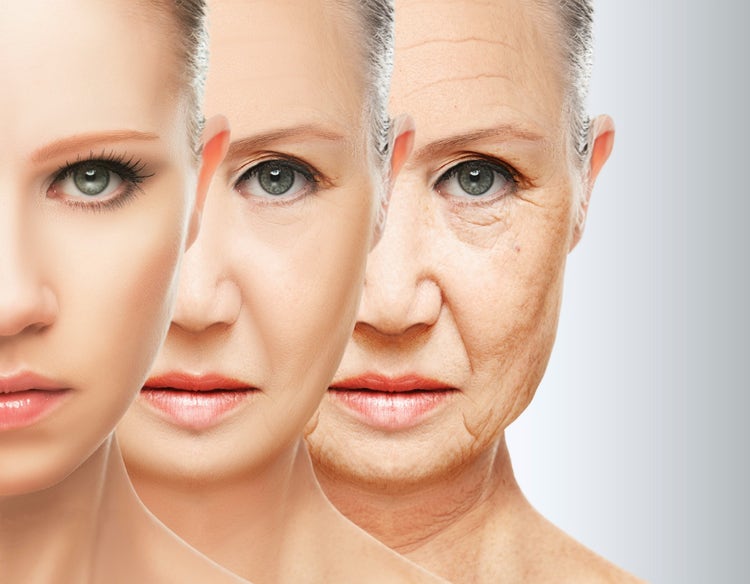Slow Aging

As science learns more about aging, it’s also discovering things that can slow it down. We list some of the most exciting recent findings in three key areas of aging. Exercise and healthy diet play a big part in all of them.
- Keeping muscle mass and strength: As people age, they start suffering muscle loss. At first, in your 30s and 40s, it’s barely noticeable, but as you hit your 50s and 60s it turns into full-blown muscle wastage known as sarcopenia. For a while we’ve known that weight training is the best kind of exercise to prevent this — but a recent University of Iowa study also found that apple and green tomato peels contain a chemical called ursolic acid that can block it. Published in the Journal of Biological Chemistry, the study found that ursolic acid stops a protein called ATF4, which is produced in greater amounts as the body ages and which reduces muscle protein synthesis and thus muscle strength and mass.
- Keeping your brain healthy: While weight training is now widely suggested as the best way to prevent muscle loss, cardio exercise has been identified as necessary to prevent loss of brain function. A study by the University of Illinois has found a direct link between cardiorespiratory fitness and brain health in older adults (measured as strength of connections between different regions of the brain). Most encouragingly, the study found that you don’t have to be extremely fit to benefit your brain — even cardio fitness in the low-to-moderate range will do.
- Slowing the overall aging mechanism: As we age, the length of telomeres, the protective caps of chromosomes shortens, eventually fraying and leading to cell death. In a study on mice published in Cell Reports, researchers at Emory University School of Medicine have made the surprising finding that the enzyme that lengthens telomeres, telomerase, can be stimulated with the powerful anti-oxidant alpha lipoic acid (ALA). ALA is made by the body but also found in spinach, broccoli, potatoes, beets and red meat and dietary supplements. And in another study, by the University of Mississippi and University of California, an association was found between exercise and telomere length, showing that the length of telomeres can be influenced by what we do, with exercise again playing a part.